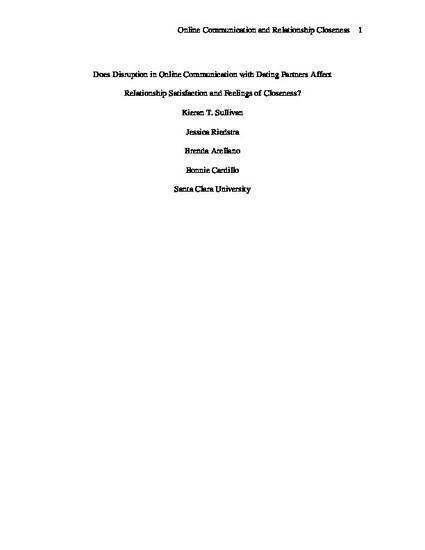
Intimate partners seeking to influence one another’s health may do so by providing support for positive health behavior and attempting to change negative health behavior (social control). Research findings examining the effectiveness of intimate partners’ attempts to influence health behavior are mixed however, and the purpose of the present research is to examine individuals’ responses to hypothetical health behavior influence attempts by an intimate partner. Specifically, we examine the role of readiness to change, cognitive appraisals, and affective responses to partner change attempts. Undergraduate students (n = 185) who reported infrequent exercise or unhealthy eating habits were asked to respond to a variety of tactics an intimate partner might use to try to change their health behavior. In the first phase of the study, we examine a model wherein individuals’ readiness to change influences their perceptions of, and affective reactions to, attempts to influence health behavior and the subsequent likelihood of making a behavioral change. In Phase 2, we use a within-subjects experimental design to simulate changes in readiness and assess resulting changes to affective and perceptual responses to a variety of hypothetical support and control attempts by an intimate partner. The findings indicate that a comprehensive model that includes readiness to change more fully accounts for variance in how individuals respond to partners’ change attempts. Theoretical and clinical implications are discussed.

The final publication is available at SAGE via http://doi.org/10.1177/0265407517713364.